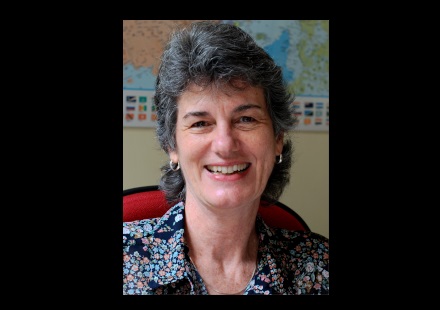Clarisse Sieckenius de Souza
Professor Emeritus / Senior Researcher

Short Bio
Clarisse Sieckenius de Souza is a professor emeritus at DI, where she worked for more than three decades in the area of Human-Computer Interaction. She was, together with her master's and doctoral students, the creator of the internationally known Semiotic Engineering. Today, he is dedicated to the study of philosophy of technology and explorations in the field of ethics and algorithmic mediation of social processes.
Curriculo Lattes
Laboratory Collaborator
Productivity Grants
CNPq Level 1B
NIT
Coordinator of SERG – Semiotic Engineering Research Group
Tel
+55 21 3527-1500 ext. 4344
Room
RDC 501
Personal Website
http://www2.serg.inf.puc-rio.br/
Biography
The IT Department is characterized by its ability to dare and innovate. In 1988, it hired a linguist for its main teaching staff, whose academic training had been fully carried out in a department of Letters. Twenty years later, this decision translates into interdisciplinary leadership in the area of Human-Computer Interaction in the context of teaching and research in Computing in Brazil.
Clarisse Sieckenius de Souza is a professor emeritus at DI, where she worked for more than three decades in the area of Human Computer Interaction (HCI). She was, together with her masters and doctoral students, the creator of the internationally known Engineering Semiotics, the first semiotic theory for Human-Computer Interaction proposed in the field of Informatics. Clarisse was the coordinator of the SERG - Semiotic Engineering Research Group (Semiotic Engineering Research Group), today part of the Laboratory Ideas. This theory was later expanded to address
people-centered software development (Human-Centered Software Development) and also, more recently, ethical aspects in the design of intelligent systems. Clarisse holds a Bachelor's degree in Conference Translation and Interpretation – English and French (1979), a Master's in Portuguese Language (1982) and a PhD in Applied Linguistics (1987) from the Letters Department at PUC-Rio. Nowadays, he is dedicated to the study of philosophy of technology and to explorations in the field of ethics and algorithmic mediation of social processes. In these activities, it has sought to find and strengthen interdisciplinary partnerships with the social and human sciences.


